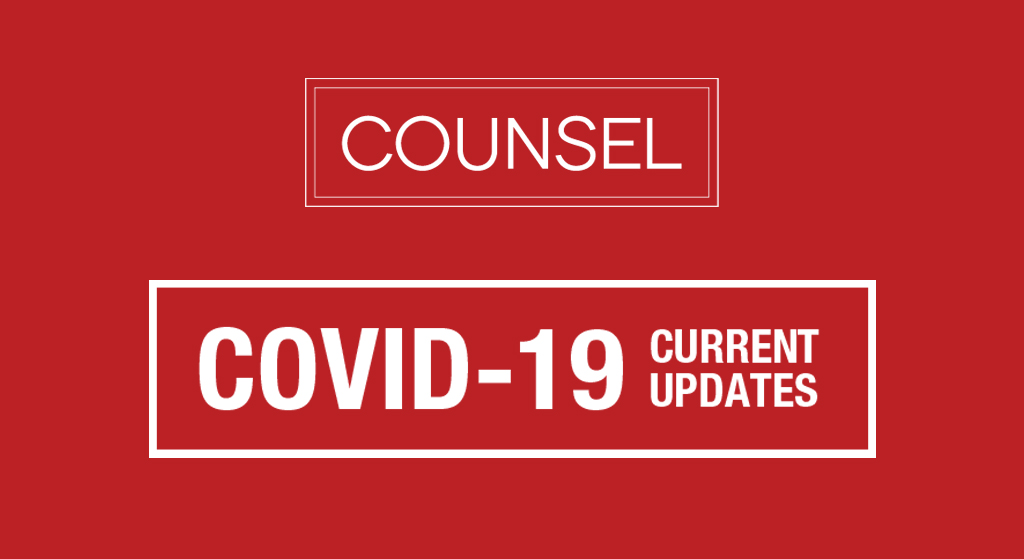The Ontario Legislature will be meeting tomorrow morning and is expected to extend the state of emergency to June 2, 2020.
The Legislature will also debate a bill with various COVID-19 related measures and hold a full-length Question Period following the debate.
In order to respect physical distancing rules, the parties have agreed to limit participation to just 42 MPP. The government also plans to take “extraordinary measures” to protect the health and safety of those in the legislature, including screening protocols for those entering Queen’s Park.
Future Legislative Sittings and Committee Business
The Legislature will meet again for Question Period and COVID-19 related business on May 19, 20, 26, 27, June 2, and June 3. The government will continue consultation with opposition parties about potentially extending sittings into the summer.
The Standing Committee on Finance and Economic Affairs will meet virtually for a sector-based study of the “economic impacts of COVID-19 and a path to recovery”. The final report will be sent to the Ontario Jobs and Recovery Committee.
The sectors studied will include:
-
-
-
- Tourism
- Culture and Heritage
- Municipalities, Construction and Building
- Infrastructure
- Small and Medium Enterprises
- Other sectors to be selected by the committee
-
-
Health and Safety Guidelines
The government has released over 80 sector-specific health and safety guidelines, including guidelines for retail stores with curbside pickup and delivery services. You can view the sector-specific guidelines here.
The Ministry of Health has also released a Guidance Document for Essential Workplaces. The government is encouraging business owners to use these guidelines as they develop their reopening plans that work for their business while protecting workers, customers and the general public.
Financial Accountability Office of Ontario (FAO): Spring 2020 Economic and Budget Outlook report
Today, the Financial Accountability Office of Ontario (FAO) released its Spring 2020 Economic and Budget Outlook report. The FAO report indicates that the COVID-19 pandemic and government measures to contain the virus will have a major impact on Ontario’s economy, projecting that Ontario’s real GDP will decline by 9.0 per cent in 2020. The FAO also projected that Ontario’s budget deficit will quadruple to $41 billion in 2020-21, “the largest in Ontario’s history”.
The deficit as a percentage of GDP will reach 5.0 per cent, the highest since the end of World War II. (By comparison, this measure hit 4.3 per cent in the early 1990’s recession.)
The FAO’s budget deficit numbers are double the estimates provided by the Minister of Finance in his fiscal update on March 25, 2020. Even in 2021-22, as the economy recovers FAO expects the deficit will still be at $25.3 billion or more than double its size in 2019-20.
Counsel cautioned that the March update might be underestimating the impact of the COVID-induced recession and the Ontario growth projections “could well prove to be optimistic in the circumstances.”
The FAO report substantiates this. The March update forecast 0.0 per cent growth in GDP for Ontario for 2020, versus the 9.0 per cent decline now expected.
The economic update forecast a jobless rate of 6.6 per cent for 2020, while the FAO now says unemployment will come in at a staggering 10.0 per cent, and even in 2021 will remain at 9.3 percent.
The government’s update projection of only a half-billion dollar decline in government revenue for 2020 has now increased by an additional $23.2 billion in lost revenues according to the FAO.
The FAO report also provides a delayed recovery scenario given the risk that reopening the economy could take longer than expected. As new information and data becomes available, the FAO plans to update its economic and budget outlook in late summer.
You can read the FAO report here.

